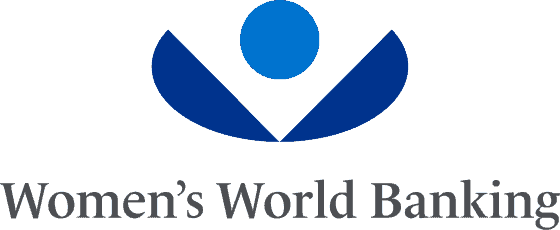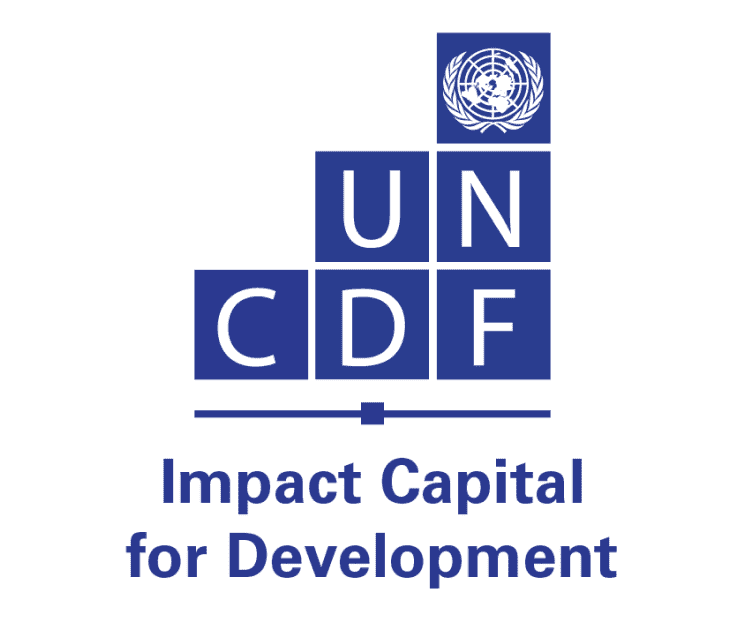Women's Digital
Financial Inclusion Advocacy


Coordinated Advocacy for Greater Impact on Women’s Digital Financial Inclusion
The Women’s Digital Financial Inclusion Advocacy Hub, led by Women’s World Banking and the United Nations Capital Development Fund (UNCDF) is a catalyst for collective action unifying local, regional, and global stakeholders with the common objective of accelerating progress in Women’s Digital Financial Inclusion.
As the world continues to grapple with COVID-19, growing inequalities, and stagnant economies, we must ensure that women are not left behind. Our individual actions – while critical – are no longer sufficient to close the gender gap in digital financial inclusion.
It's Her Economy Too
Three-quarters of a billion women around the world are excluded from the formal financial system. Many of these women work in informal or semi-formal micro and small businesses. In fact, nearly 20 percent of working-age women in developing economies are entrepreneurs. These micro-enterprises create additional income for the family, serve as sources of employment for other women, and provide agency and autonomy.
However, as they are often outside of the formal economy, and in sectors hardest hit by economic shocks and climate events, such as agriculture and tourism, these women lack financial safety nets such as paid sick leave, unemployment insurance, or even basic savings or a line of credit should they need additional capital for their work or families.
With a gender gap in access to digital technology, skills, and financial products, women face additional challenges in accessing financial services. Despite all of this, women and their businesses are critical drivers of the economy, as service providers, employers, and household CFOs.
Imagine the possibilities if women had equal access to the technology, skills, and financial services they need to thrive.
What We Are Advocating For
Access to Technology — Ensure Every Woman Entrepreneur Owns a Smart Phone to Help Her Business, Leverage Technology, and Access Financial Services
- Develop clear and transparent pricing for credit and design solutions to make smart phones more user-friendly and affordable for women micro-entrepreneurs (private sectors)
- Implement and support initiatives to help reduce the price of devices for women entrepreneurs (such as innovative pricing strategies and subsidies and encourage the development of an ecosystem of services that are user-friendly and meet the needs of women (policymakers)
- Raise awareness for the cost and other barriers for women micro-entrepreneurs’ smart phone ownership and use, and partner with the private sector and policymakers to promote affordable and user-friendly handsets (civil-society organizations/CSOs)
Access to Skills — Ensure Every Woman Entrepreneur Has Access to Education and Initiatives That Increase Her Confidence and Digital Financial Capabilities
- Implement digital skills and financial literacy programs targeted at women who lead and own micro-businesses (policymakers)
- Integrate digital and financial capabilities trainings into products and services for women MSMEs (private sector)
- Facilitate digital financial literacy trainings for women and leverage trusted local community and peer networks to deliver them (CSOs)
Access to Digital Financial Services — Ensure That Every Woman Entrepreneur Can Trust and Leverage Digital Financial Services by Designing Protection Mechanisms That Address Consumer Risks
- Track, analyze, and share gender-disaggregated complaints to improve every woman entrepreneur’s financial journey (private sector)
- Strengthen supervision for financial consumer protection by including the voices of women entrepreneurs in policy and regulatory design (policymakers)
- Drive awareness campaigns on risks faced by women entrepreneurs and how to activate recourse mechanisms that reach them (CSOs)
Establish Data Collection About Women Entrepreneurs — Ensure That Every Women Entrepreneur is Seen, Recognized, and Understood at Both the Local and Global Level Through Data Collection and Measurement Methodology
- Establish a baseline and new benchmarking approach for both governments and the financial sector through the development of data collection and measurement methodology efforts to track wdfi progress, develop leading indicators based on both global and local existing data (policymakers, funders)
- Utilize data to understand their customer base, and the reasons why women entrepreneurs are disproportionately digitally and financially included (financial service providers/FSPs)
- Commission demand-side surveys on the needs of women entrepreneurs to access and use digital financial services and share findings with other stakeholders (FSPs)
- Raise awareness on the lack of data on women entrepreneurs’ access and use of digital financial services, and advocate for stakeholders to take action to address this gap (CSOs, non-profit organizations/NGOs, funders)



